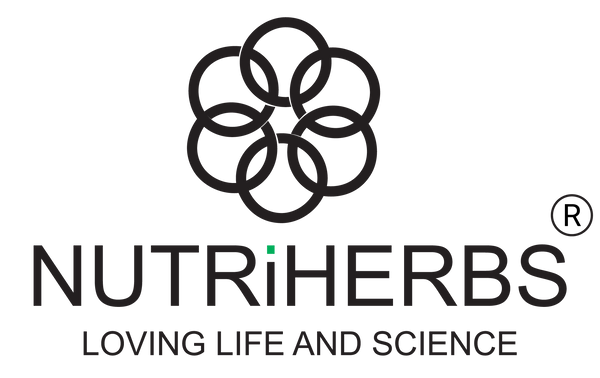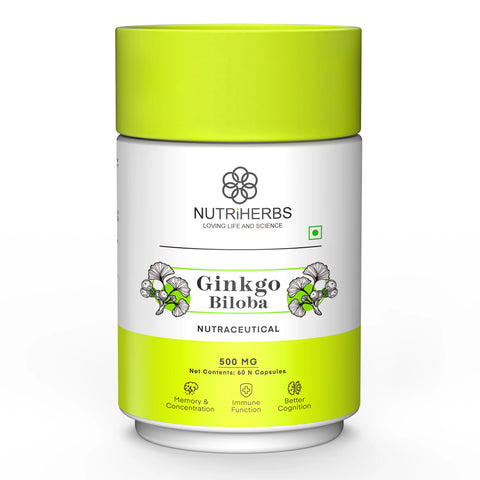Ginkgo biloba is a nootropic, meaning it's thought by some people to be an all-purpose brain enhancement. This plant has been used for centuries in traditional medicine as well as modern-day research studies on how healthy eating can improve your thinking skills.
The famous Ginkgo biloba is thought to increase blood supply by dilating your arteries, reducing the thickening of the blood (viscosity), affect neurotransmitters and free radicals. For healthy adults, it has been found safe when taken orally in moderate amounts.
The high levels of flavonoids and terpenoids in ginkgo provide protection against oxidative cell damage from harmful free radicals. This way, antioxidants are believed to help reduce the risk for chronic disease.
The ancient tree is considered to be a “living fossil,” meaning that it has continued on after major extinction events.
The extract is often taken as a supplement, but the leaves of this plant can be used to make tea.
Ginkgo biloba may offer a range of health benefits.
Contains Powerful Antioxidants
Ginkgo’s antioxidant content may be the reason behind many of its health claims.
Ginkgo contains high levels of flavonoids and terpenoids, which are compounds known for their strong antioxidant effects.
Antioxidants combat or neutralize the damaging effects of free radicals.
Free radicals are highly reactive particles that are produced in the body during normal metabolic functions, such as converting food to energy or detoxification.
Yet, they also have the potential to damage healthy tissues, contributing to accelerated aging and disease development.
May Help Fight Inflammation
Inflammation is part of the body’s natural response to injury or invasion by a foreign substance.
In the inflammatory response, various components of the immune system are recruited to fight against the foreign invader or heal the injured area.
Some chronic diseases trigger an inflammatory response even when there is no illness or injury present. Over time, this excessive inflammation can cause permanent damage to the body’s tissues and DNA.
Years of research shows that ginkgo extract can reduce markers of inflammation in both human and animal cells in a variety of disease states.
Some specific conditions in which ginkgo extract has shown to reduce inflammation include:
- Arthritis
- Irritable bowel disease (IBD)
- Heart disease
- Stroke
May Improves Brain Function & Well-Being
There is some speculation that ginkgo may enhance brain function in healthy individuals.
A handful of small studies support the notion that supplementing with ginkgo may increase mental performance and perceived well-being.
Results from studies like these have given rise to claims linking ginkgo to improved memory, focus and attention span.
May Support Vision & Eye Health
Very little research has investigated how ginkgo relates to vision and eye health. One review showed that people with glaucoma who supplemented with ginkgo experienced increased blood flow to the eye. Another review of studies evaluated the effect of ginkgo extract on the progression of age-related macular degeneration. Some participants reported an improvement in vision.
Many of these positive results seem to be related to increased blood flow to the eye.
Its clear ginkgo would improve vision in those who don’t already suffer from vision impairment.
Ginkgo can increase vision capacity or slow the progression of degenerative eye disease.
May Reduce Anxiety
Some research indicates that supplementing with ginkgo may reduce symptoms of anxiety.
Studies have observed reductions in anxiety symptoms that may be attributed to the antioxidant content of ginkgo.
In one study, People with generalized anxiety were treated with either 240 mg or 480 mg of ginkgo or a placebo. The group treated with the highest dose of ginkgo reported a 45% greater reduction in symptoms of anxiety, compared to the placebo group.


